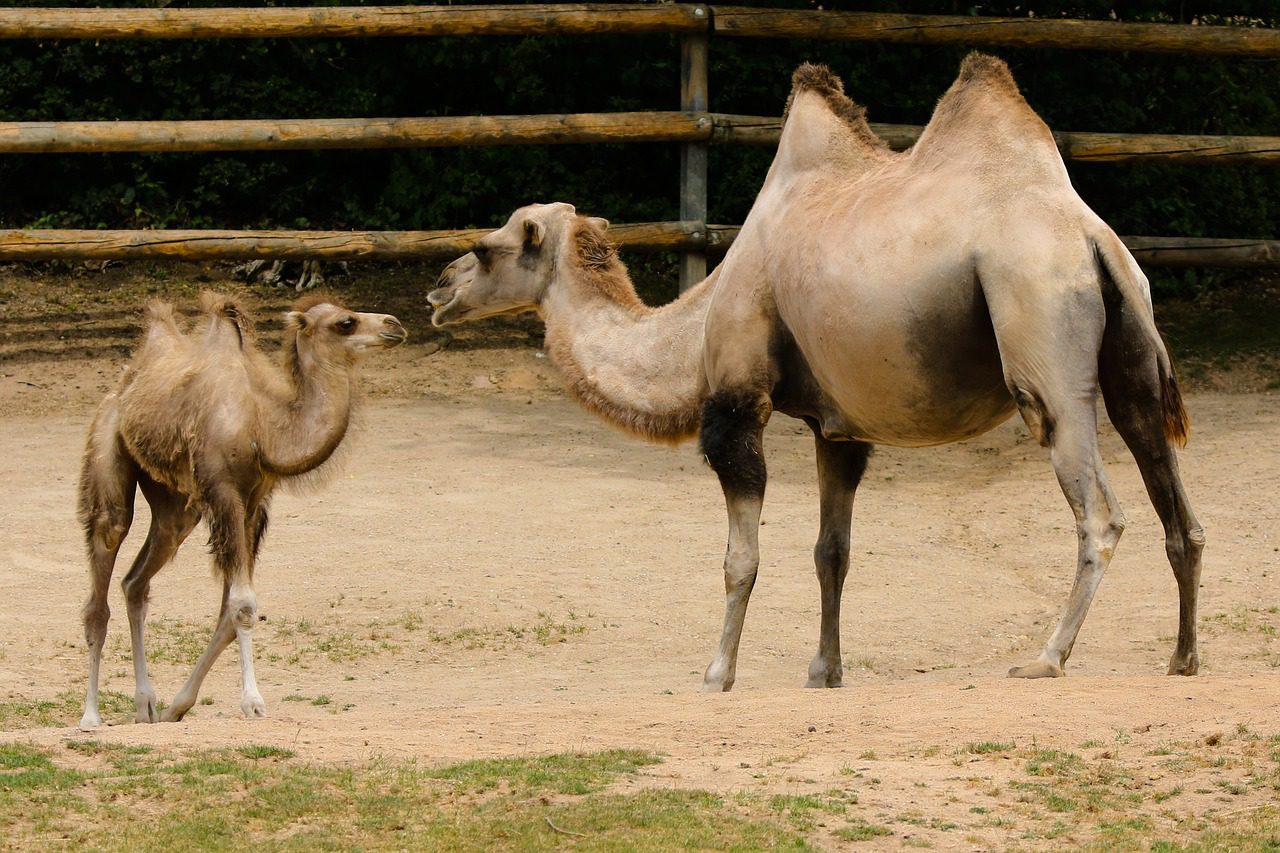Kissing and petting young camels found to be key transmitter of Middle East Respiratory Syndrome Coronavirus
Like SARS-CoV-2, MERS-CoV is a respiratory virus which can infect both humans and animals. Whilst infection with MERS-CoV in camels is mild, usually causing minor cold or flu-like symptoms, it can be fatal in humans.
This study helped identify high-risk zoonotic transmission pathways of MERS-CoV between camels and humans, which were previously poorly understood. Better understanding of transmission pathways is important to help prioritise targeted vaccination of high-risk human and camel populations once vaccines, currently in development, become available.
Article: Holloway, P., Gibson, M., Holloway, T,. et al. (2024) MERS-CoV exposure and risk factors for MERS-CoV ELISA seropositivity among members of livestock-owning households in southern Jordan: a population based cross-sectional study. Lancet Microbe, e100866. https://doi.org/10.1016/S2666-5247(24)00082-X
For further information, see: The Royal Veterinary College’s recent blog post.
Help build the STAR IDAZ community.
Share reports and updates on social channels.

